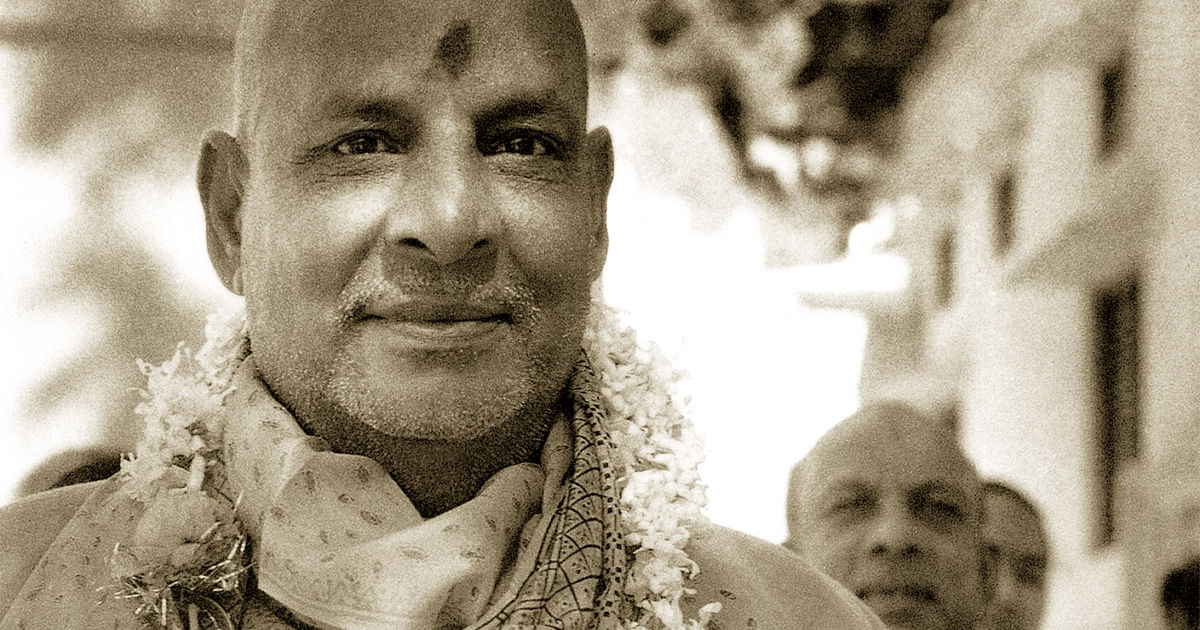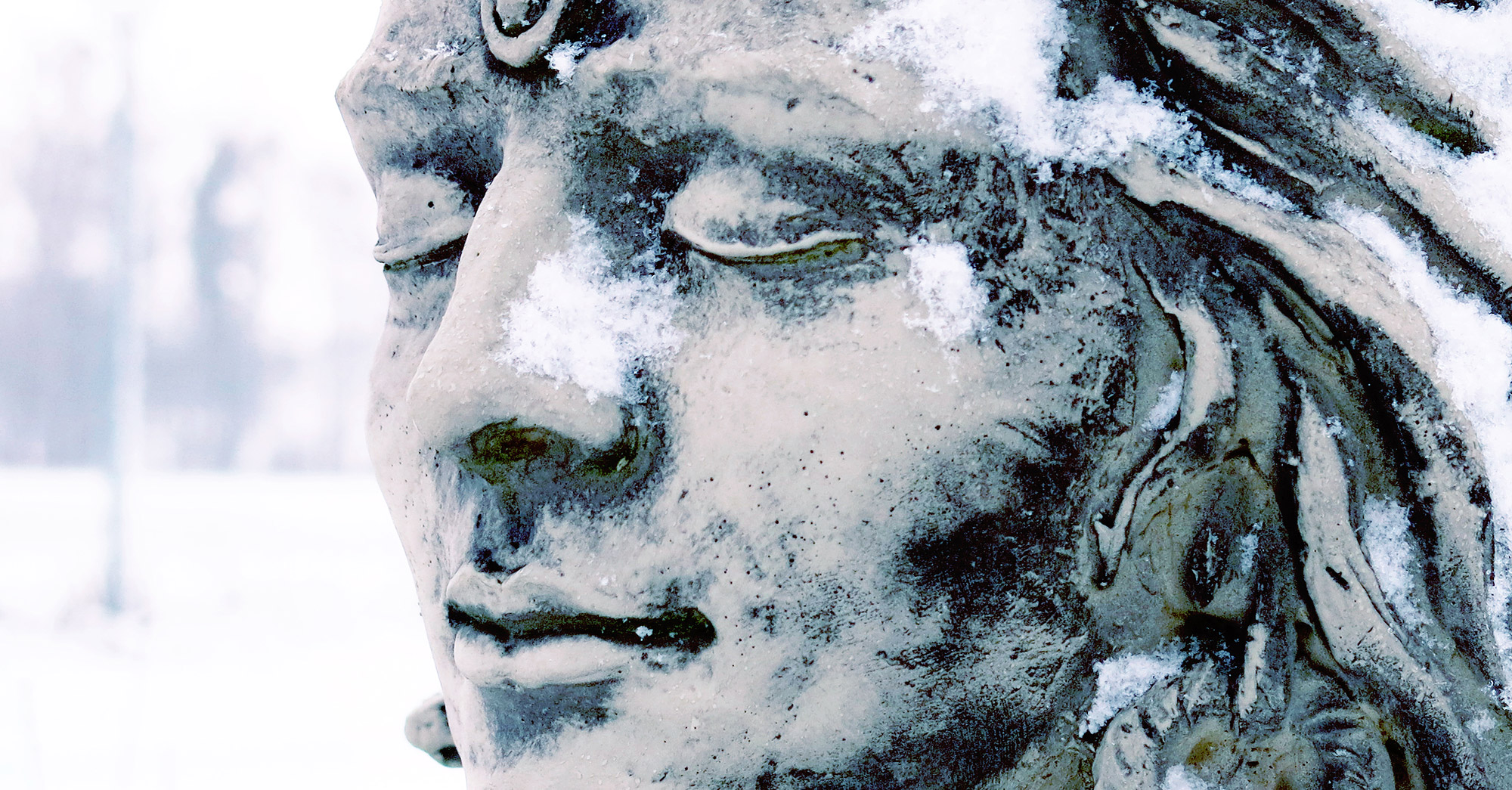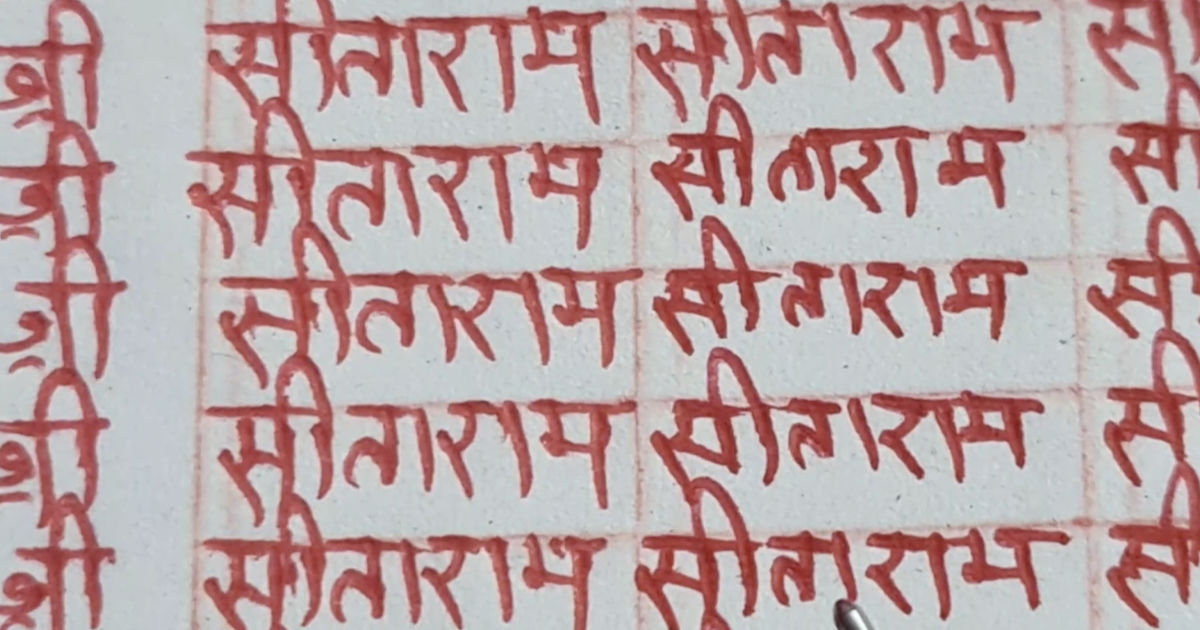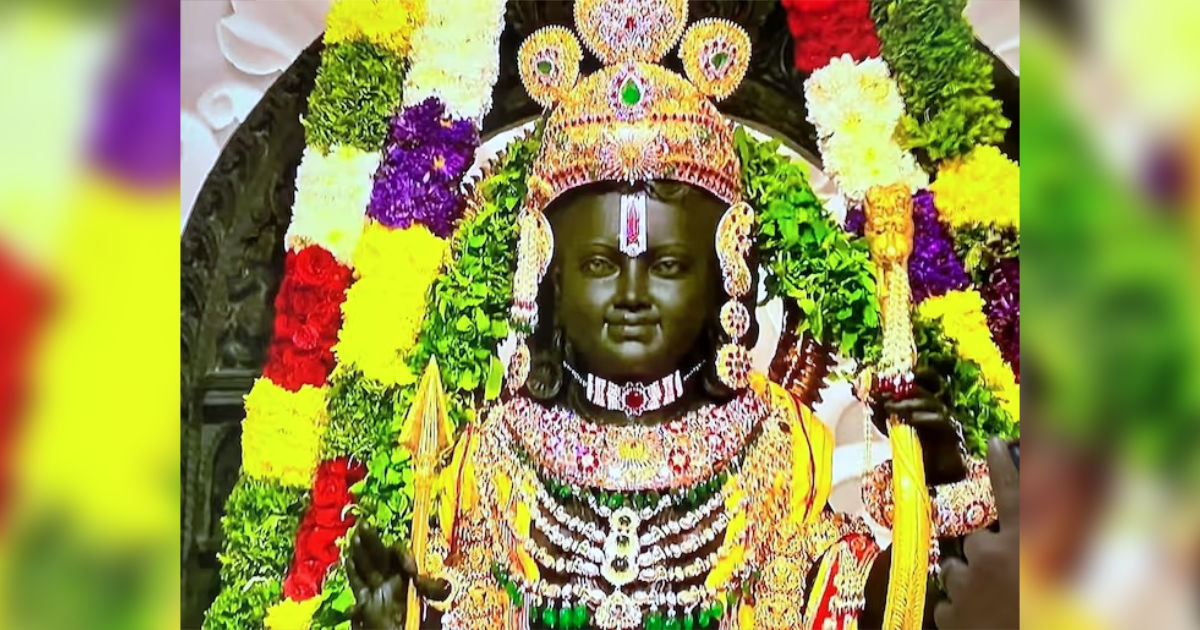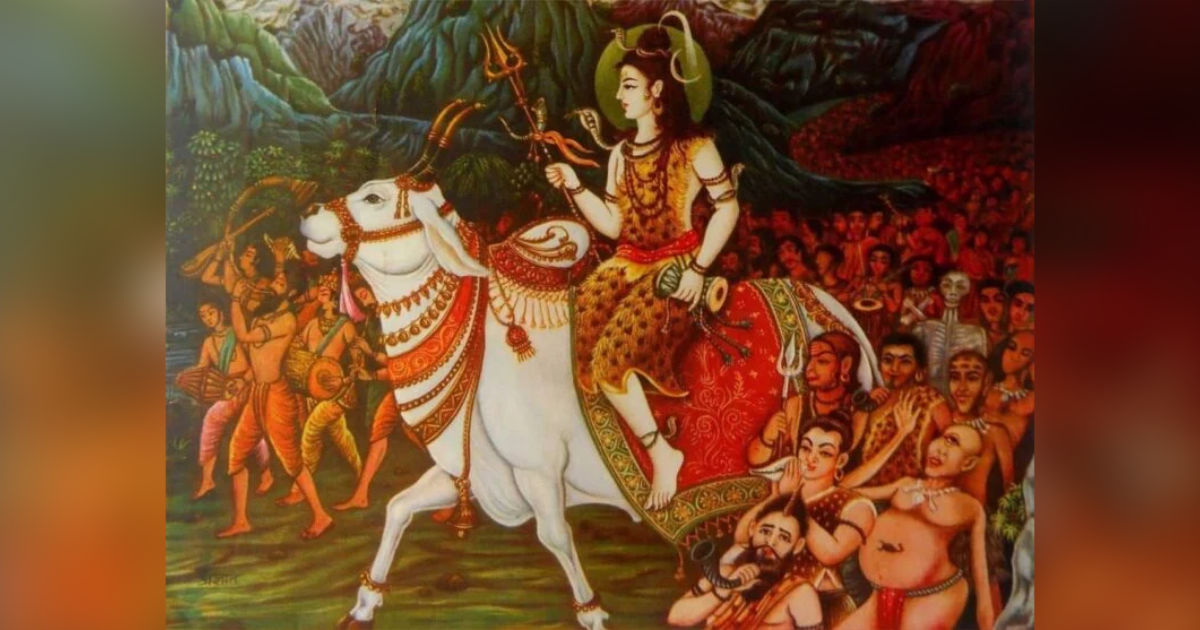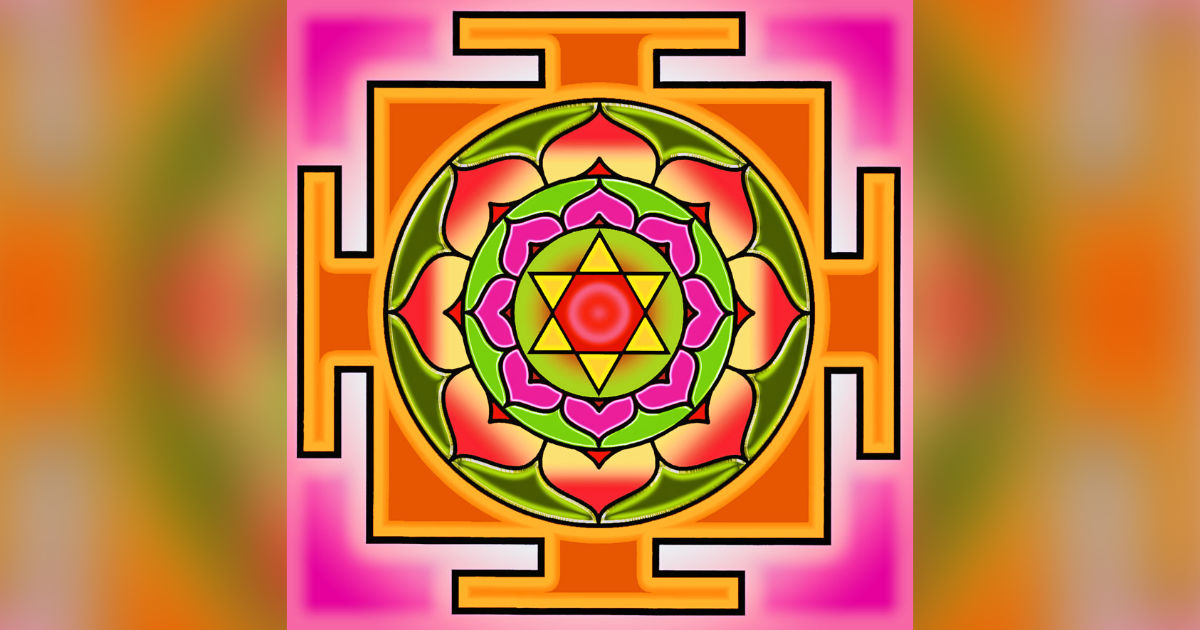A true teacher is compared to God, by his students. The word guru means remover of darkness. Homage is paid to God, the Guru of Guru. Guru mantras originate from various sources.
Guru Stotram from the Vishamsara Tantram (of which only portions survive today) the Guru Gita that is part of the Skanda Purana. The Guru Stotram is also ascribed to Adi Shankaracharya. Continue reading

